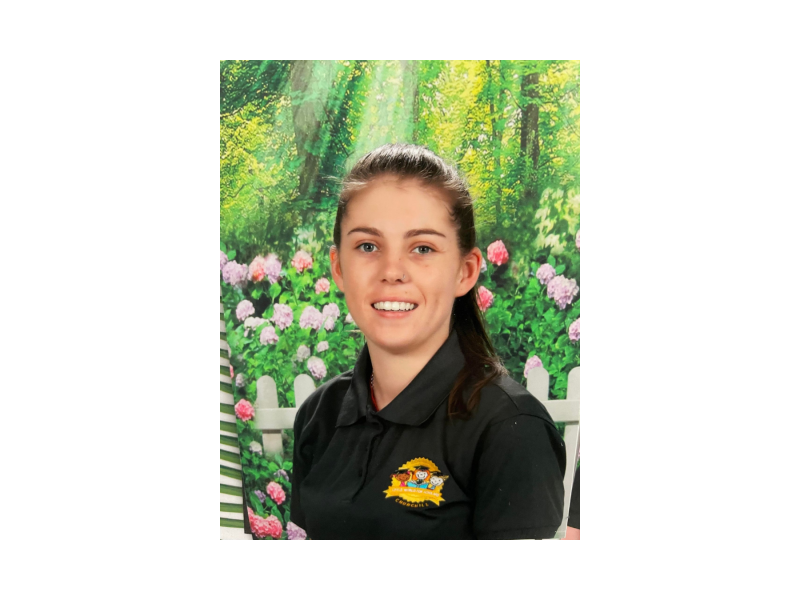When Rachel Smith started her Bachelor of ECE Teaching in 2018 she had dreams of settling down at a local pre-school, tidying up the flat she'd just purchased, and hanging out with her friends and huntaway pup, Buster.
What happened when she graduated in 2021, was a quick sale of her house and a move to Brisbane, Australia.
The lure of financial stability and promise of support which was not available in New Zealand were two of the reasons Smith joined the many early childhood teachers leaving our shores.
"The job I took was identical to the one I had back home in Christchurch, except I make an extra $14 an hour in Brisbane, plus they have award rates which help you grow as a teacher," she says.
She also gets far more support from her superiors around implementing the curriculum, something Smith says was hugely lacking in New Zealand.
"You're just kind of left to your own devices when it comes to planning and I spent a lot of my own money on pre-school resources too."


